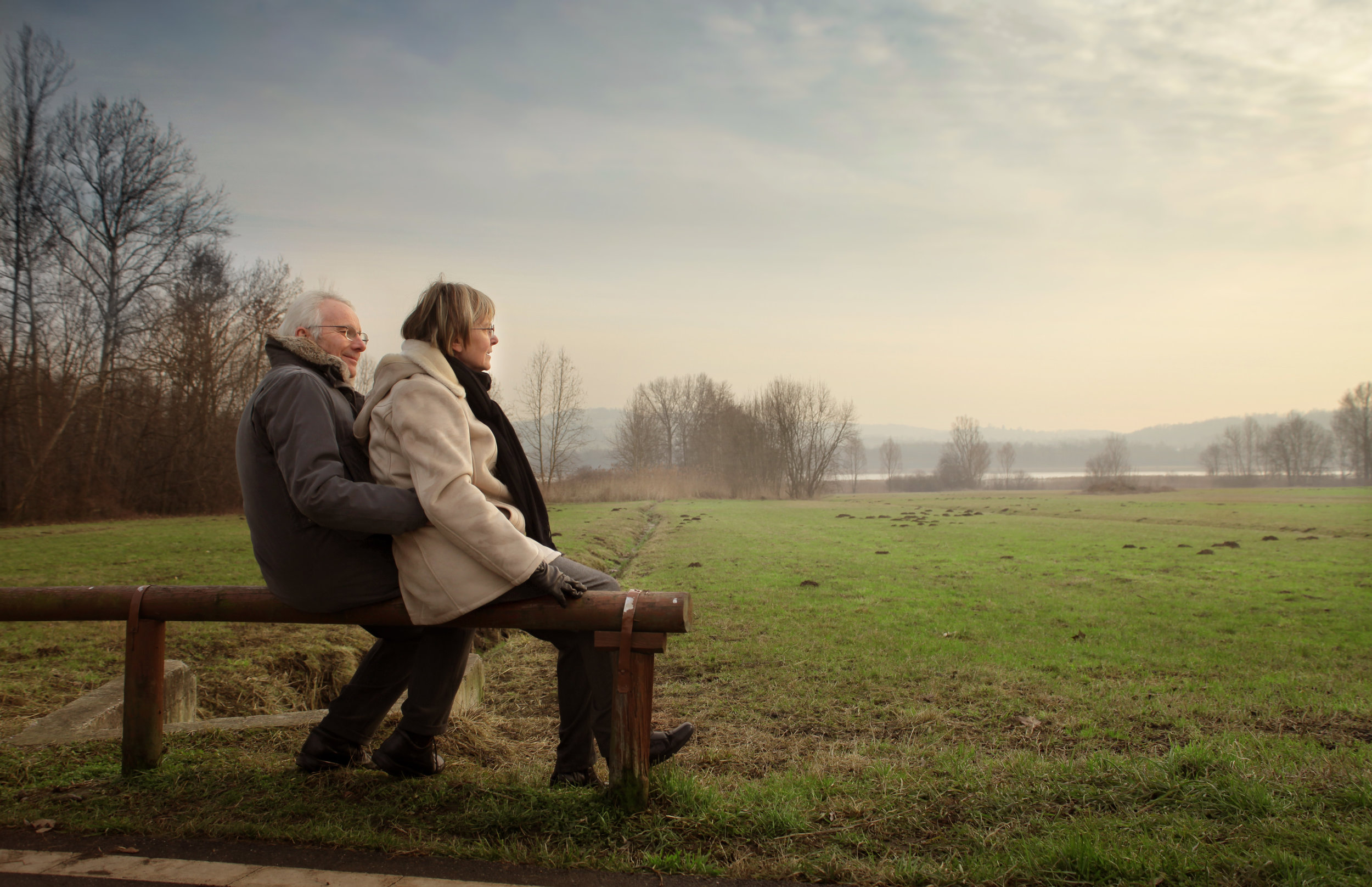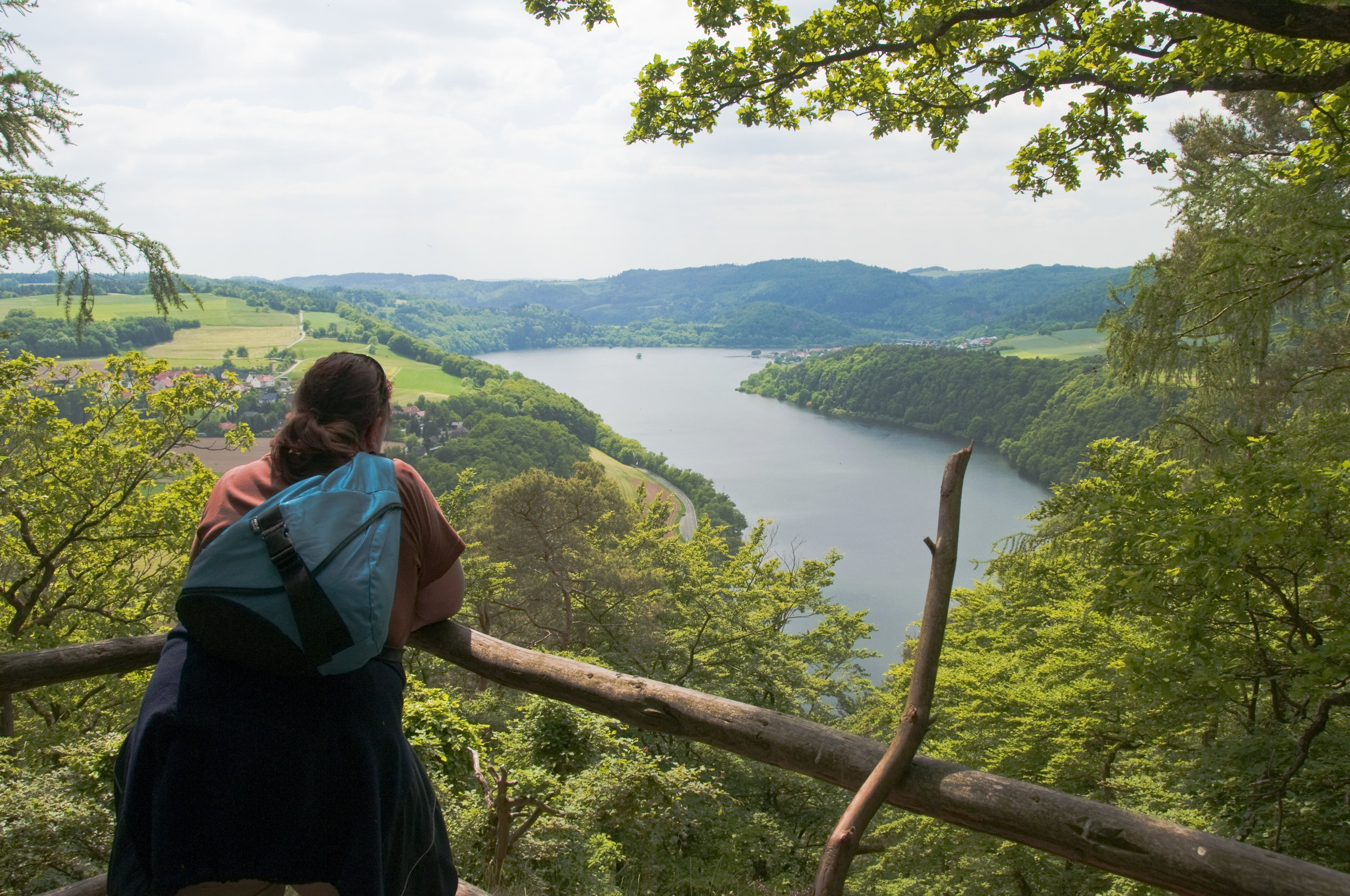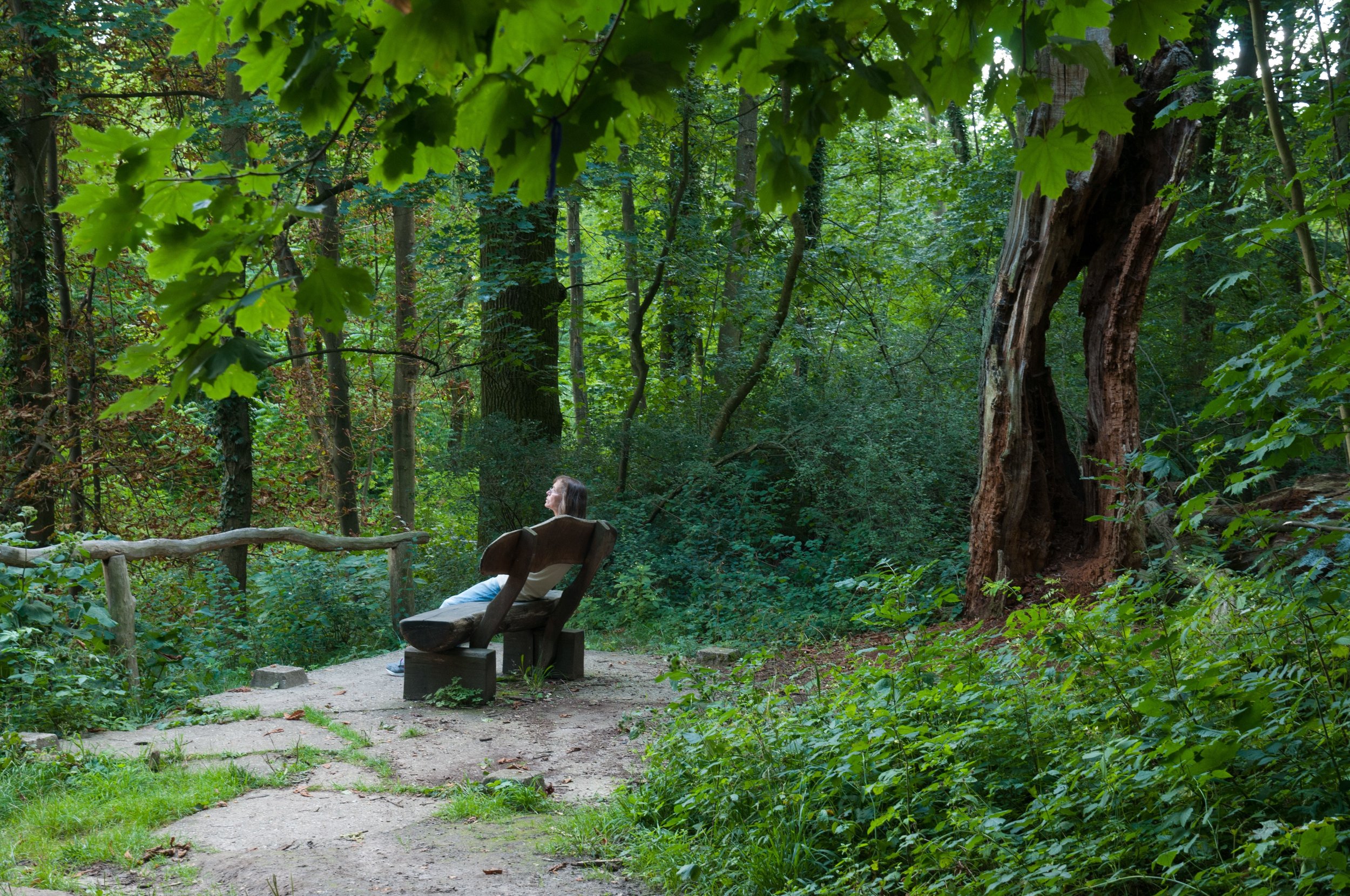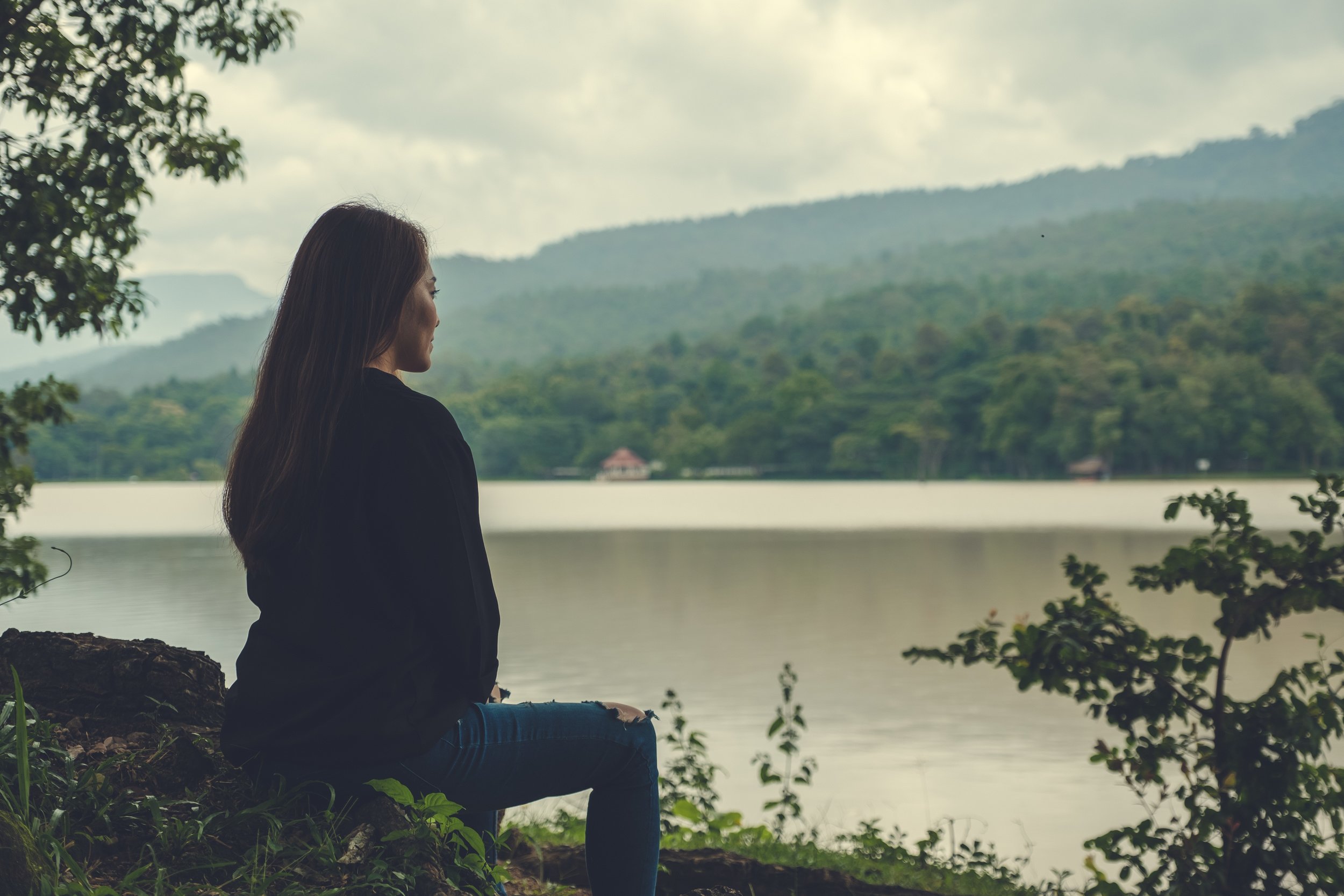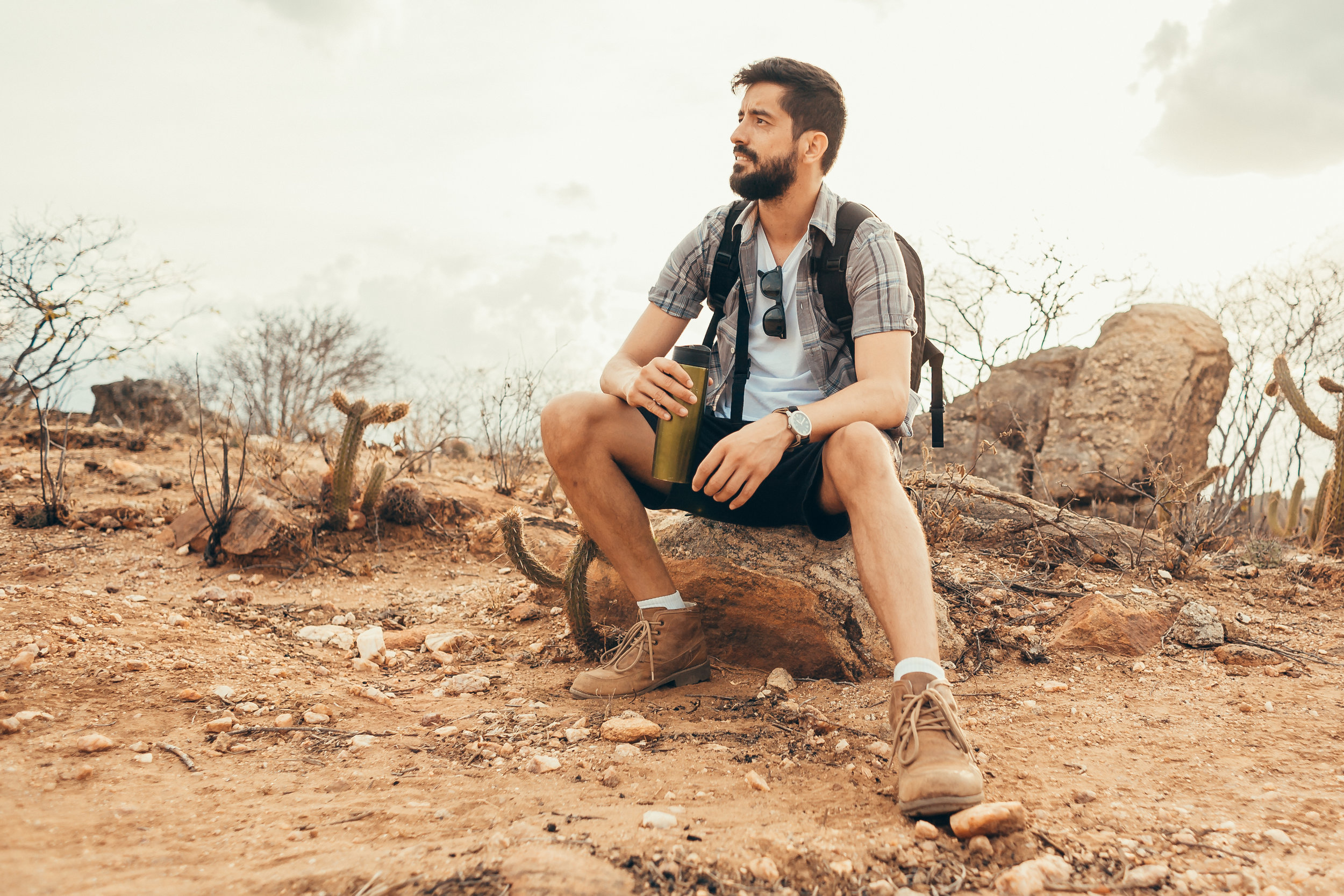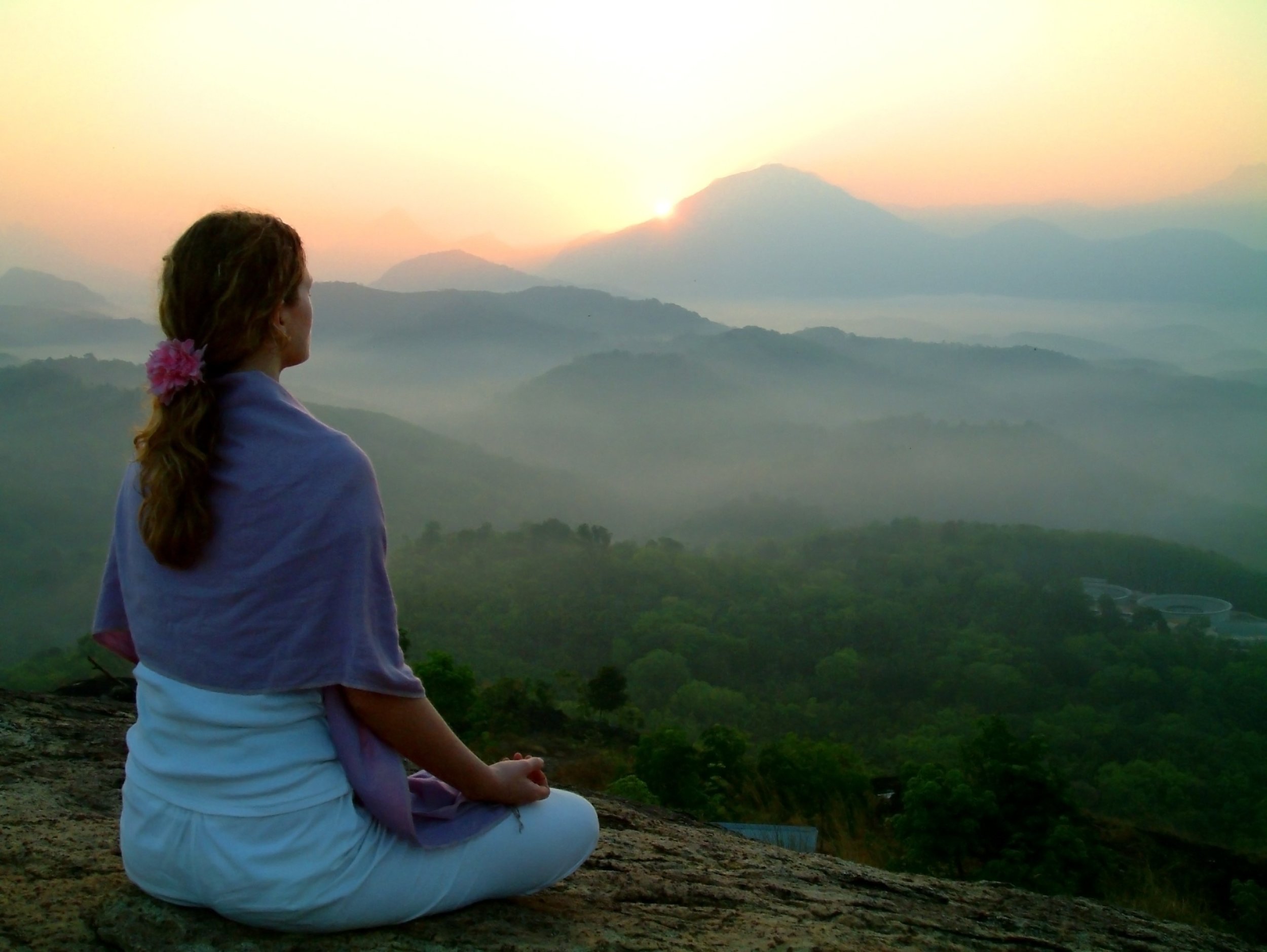
At Green Psychotherapy, we focus on listening to our clients to learn about their priorities and their goals.
Then we come up with practical solutions that lead to a greater sense of fulfillment.
In psychotherapy, clients can gain a better understanding and mastery of the specific problems they face—such as depression, anxiety, and difficult relationships.
Equally important, psychotherapy helps people get clear about their own vision for a better future, while offering concrete guidance and support to move ahead.
Dr. Douglas Vakoch is a licensed clinical psychologist who believes that the foundation of successful psychotherapy is providing a safe space where people can be heard, understood, and accepted. He is particularly interested in ways that we can engage with nature—in the midst of our hectic urban lifestyles—to provide a greater sense of serenity and fulfillment. He has also studied the lessons we can learn from astronauts for dealing with stress down here on Earth.
For twelve years Doug taught the next generation of psychotherapists in the clinical psychology doctoral program at the California Institute of Integral Studies (CIIS) in San Francisco. He is now professor emeritus at CIIS, as well as president of a San Francisco-based nonprofit that emphasizes the sustainability of long-term scientific projects to discover life in the universe. He has edited over twenty books, including Transgender India: Understanding Third Gender Identities and Experiences (2022) and Transecology: Transgender Perspectives on Environment and Nature (2020).
Doug earned his B.A. in religious studies, with an emphasis on Buddhism, from Carleton College. In 1996 he was awarded his Ph.D. from Stony Brook University’s department of clinical psychology, accredited by the American Psychological Association.
In addition to working with clients through his own psychotherapy practice and teaching graduate students advanced therapy skills, Doug also enjoys supervising psychologists-in-training as they conduct innovative research relevant to clinical practice. At CIIS he chaired the following doctoral dissertations:
Elise Karima Eschen, Authenticity and freedom: A comparison of the ideas of Ajahn Chah and James F. T. Bugental (Graduated 2020).
Kimberly M. Cuddy, Cooking & ecotherapy in community mental health: A program design (Graduated 2017).
Meghan (McIsaac) Downey, The distinguishing norms and behavioral patterns of the online dater (Graduated 2017).
Leah Louise Oliver, Living the spaces between: Being multi-racial (Graduated 2017).
Rowan P. Schuitevoerder, Satori during musical expression: A transcendental phenomenology (Graduated 2017).
Beth A. Mitchner, The relationship between therapists’ feelings, parental style, perceptions of attunement and the therapeutic alliance (Graduated 2016).
Stephanie Shreve, The use of intuition in psychoanalytic psychotherapy: A phenomenological study (Graduated 2016).
Sima Sweid, Seven gifts of the soul: A guide to Islamic integrative therapy (Graduated 2016).
Courtney Hartman, Exploring the experiences of women with complex trauma and the practice of iRest-Yoga Nidra (Graduated 2015).
Laurie Margaritonda, Ecological awakening: Personal and planetary healing through creative, soulful participation with life (Graduated 2015).
Bayla Travis, The role of psychology in preventing opiate misuse in chronic pain treatment: An integrative literature review (Graduated 2013).
Maren Aura Bramhall Askins, Making meaning of loss: A narrative study of the experience of losing a parent as a child (Graduated 2012).
Melody H. French, Graduates’ perspective of behavioral health court: A qualitative investigation (Graduated 2012).
Todd Andrews, Renewal for psychotherapists: A grounded theory exploration of “renewal” during sessions (Graduated 2011).
Elizabeth Whitley Lassen, The effects of Acceptance and Commitment Therapy (ACT) on anxiety in people with psychosis (Graduated 2011).
Amy Orecchio, Influence of neuropsychological impairment in HIV positive individuals on the MMPI-2 (Graduated 2008).
Serena Sterling, The role of alexithymia and anger in rheumatoid arthritis (Graduated 2008).
Sara Lederer Simpson, Nurturing the nurturer: The importance of self-care as burnout prevention for clinical therapists (Graduated 2007).
Heather Schwartz, Therapists’ ways of knowing: Body, affect, self, and other (Graduated 2007).
Locations
Berkeley
Green Psychotherapy, PC
1918 Bonita Ave, Berkeley, CA 94704-1014
Phone: 510-612-0097
Fax: 510-768-8111
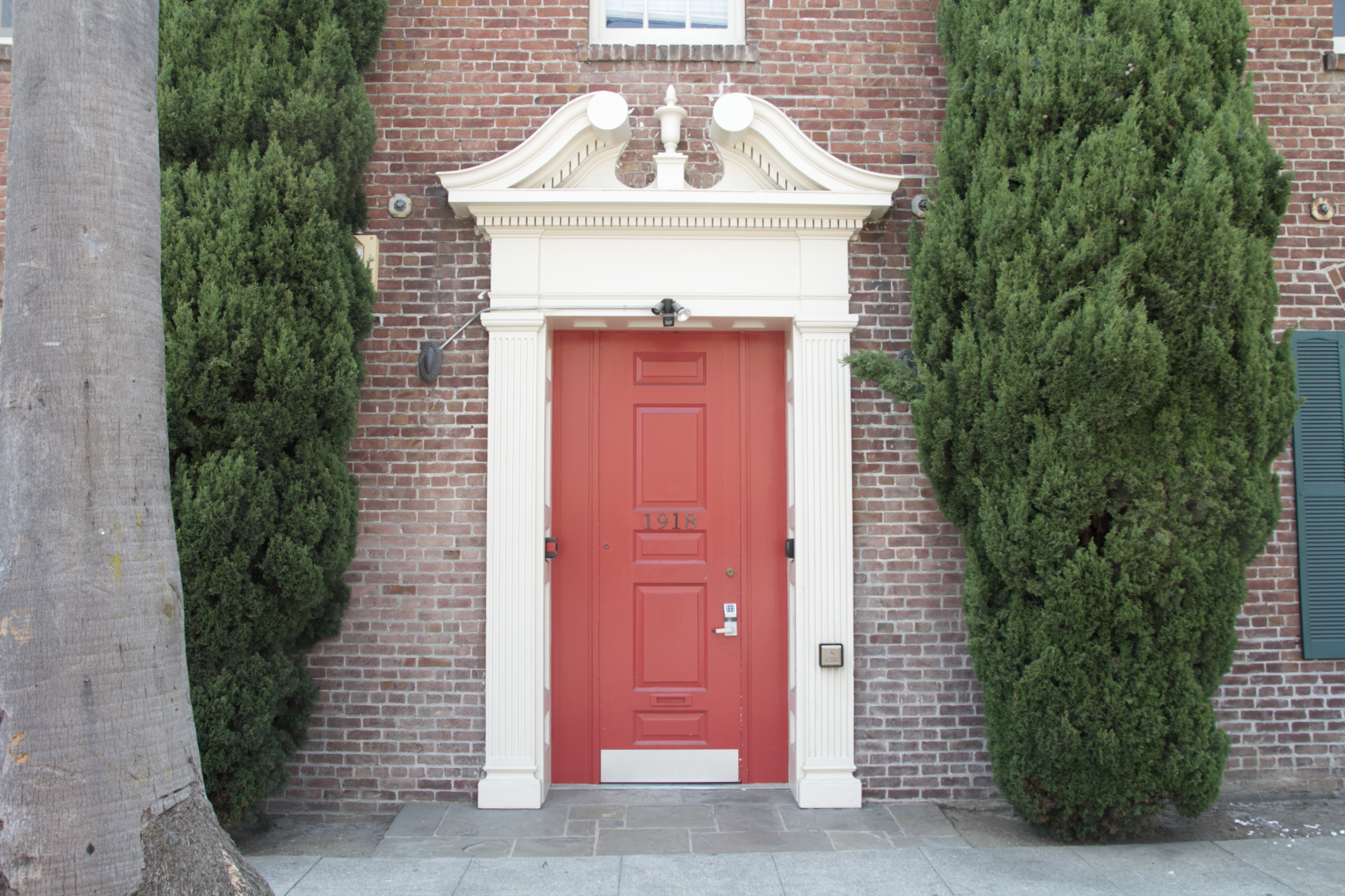
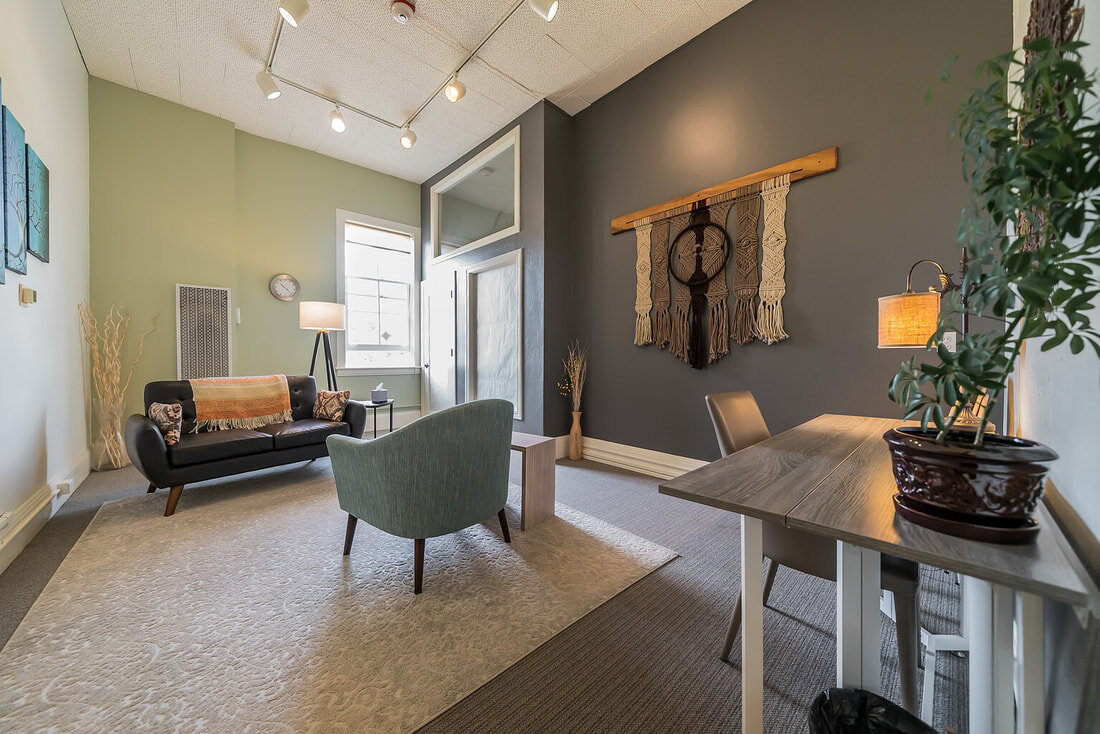
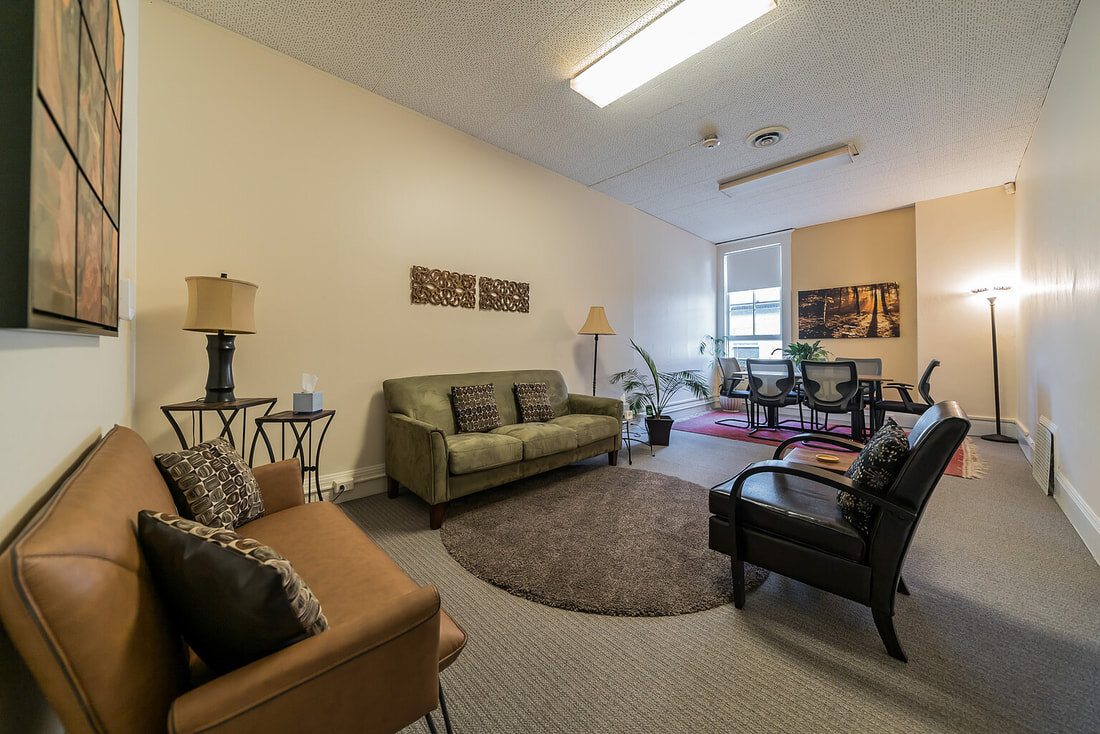
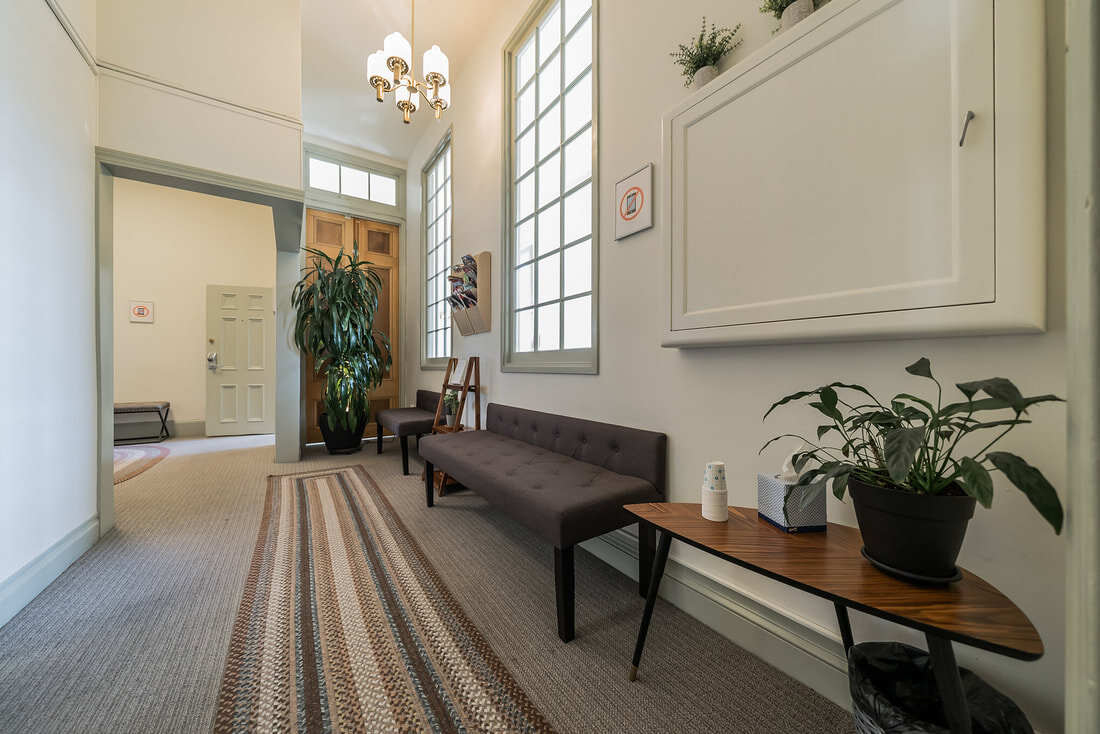
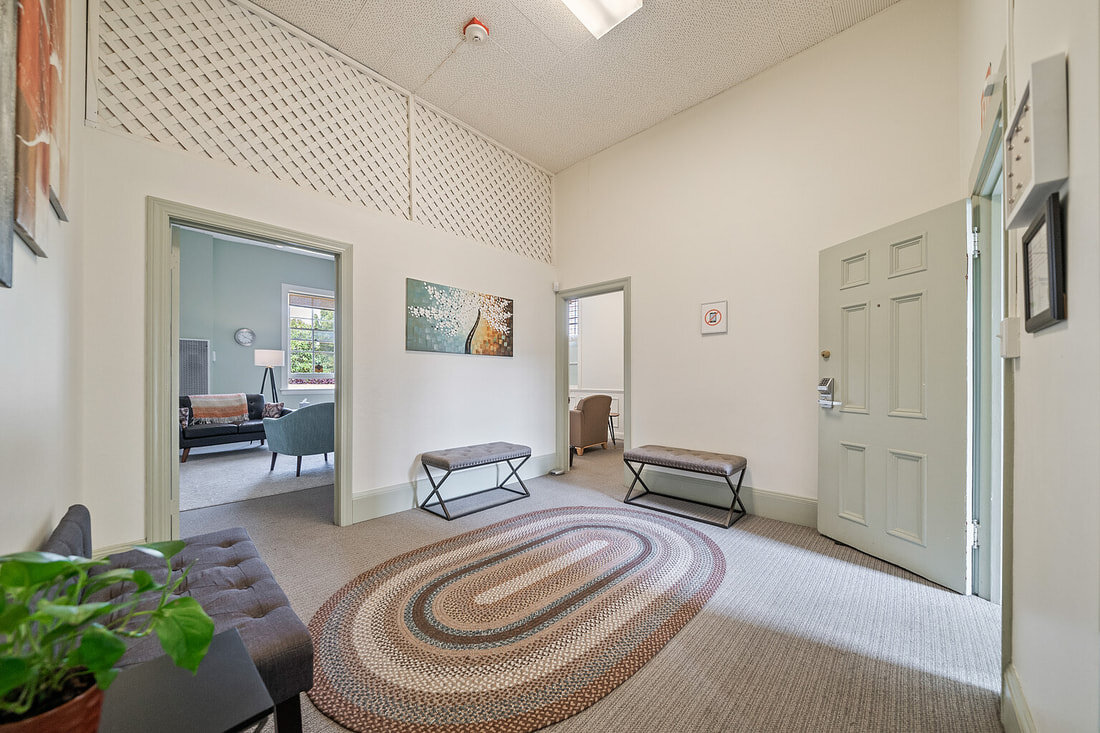
San Francisco - Lower Nob Hill
Green Psychotherapy, PC
815 Hyde Street, San Francisco, CA 94109
Phone: 510-612-0097
Fax: 510-768-8111



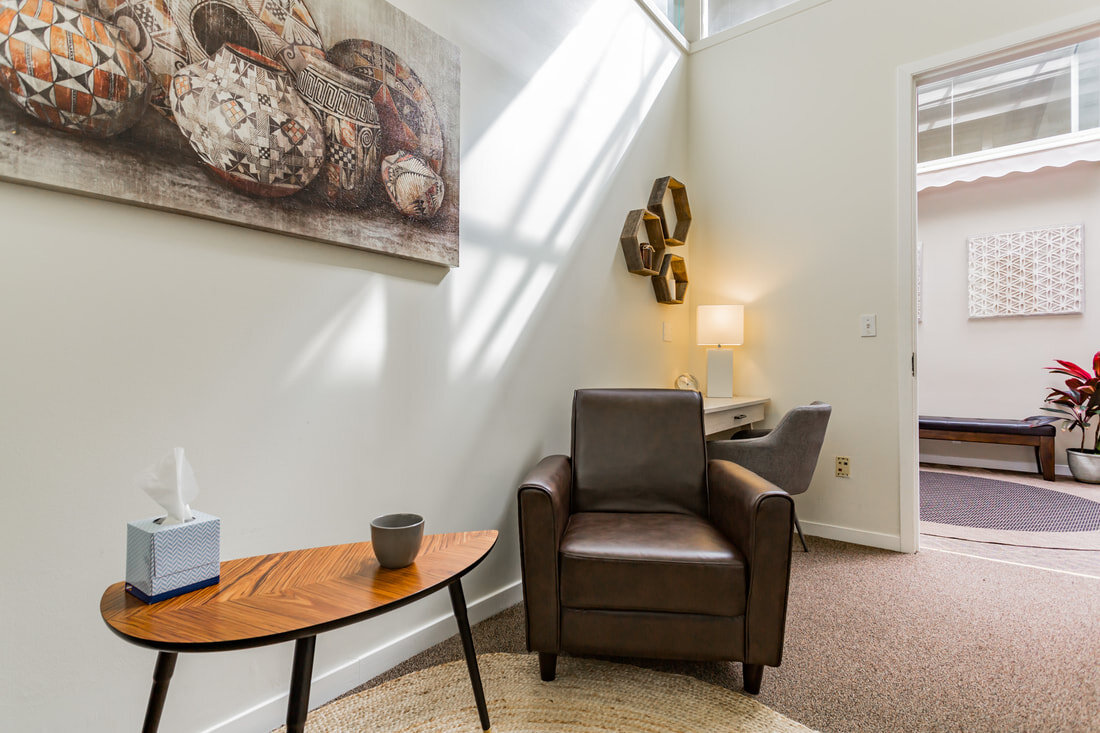


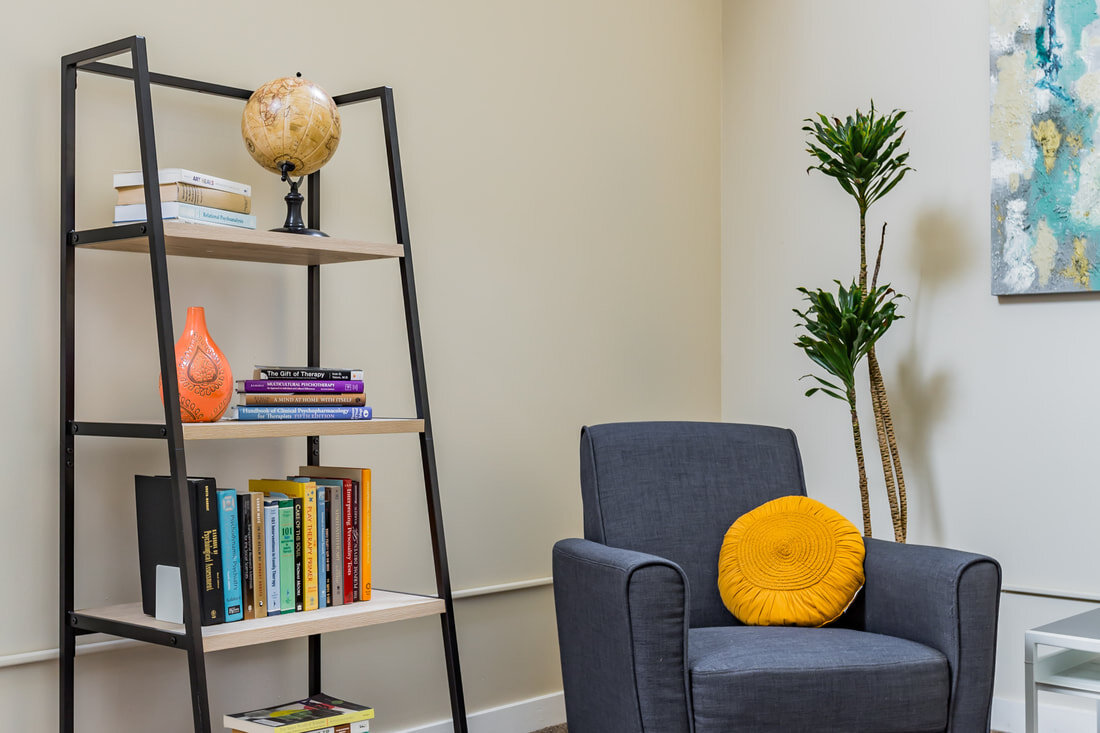
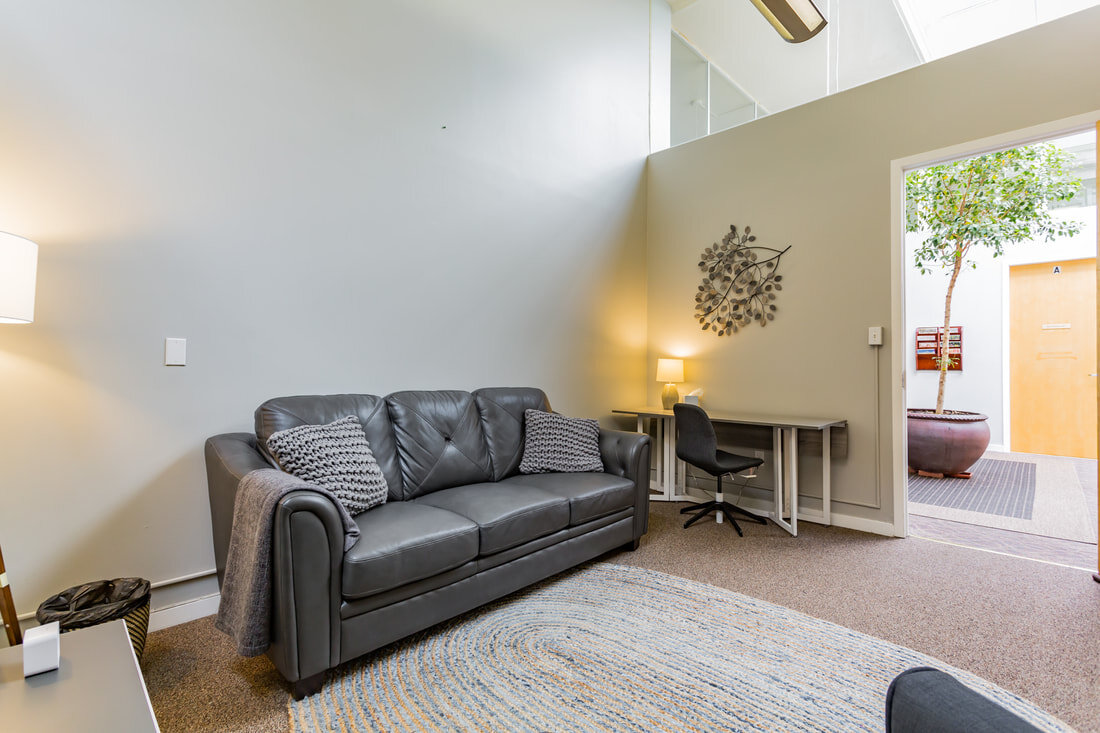
San Francisco - Lower Pacific Heights
GREEN PSYCHOTHERAPY, PC
2211 Post Street, Suite 300, San Francisco, CA 94115-3464
Phone: 510-612-0097
Fax: 510-768-8111
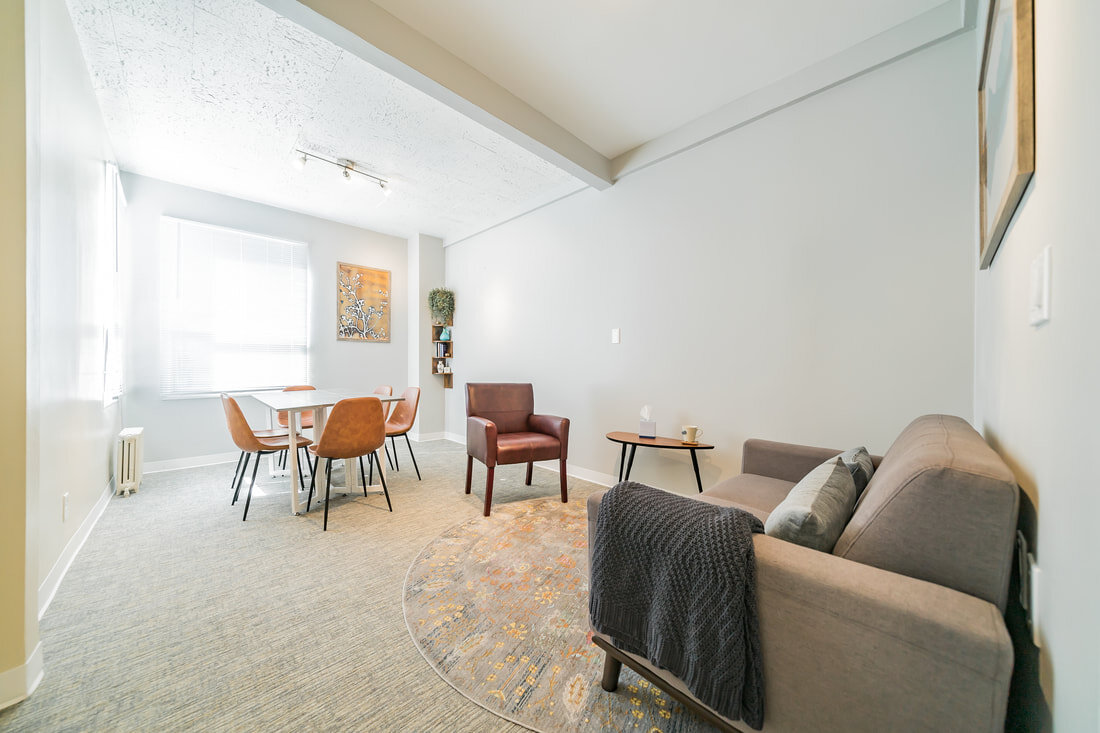
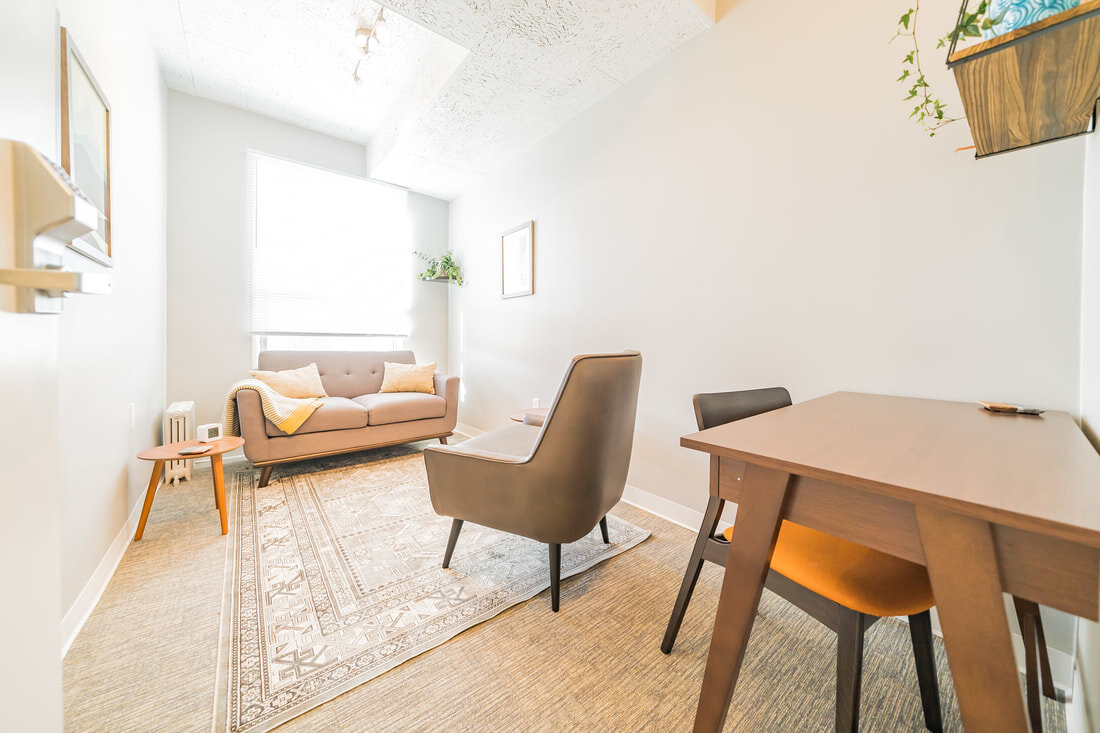
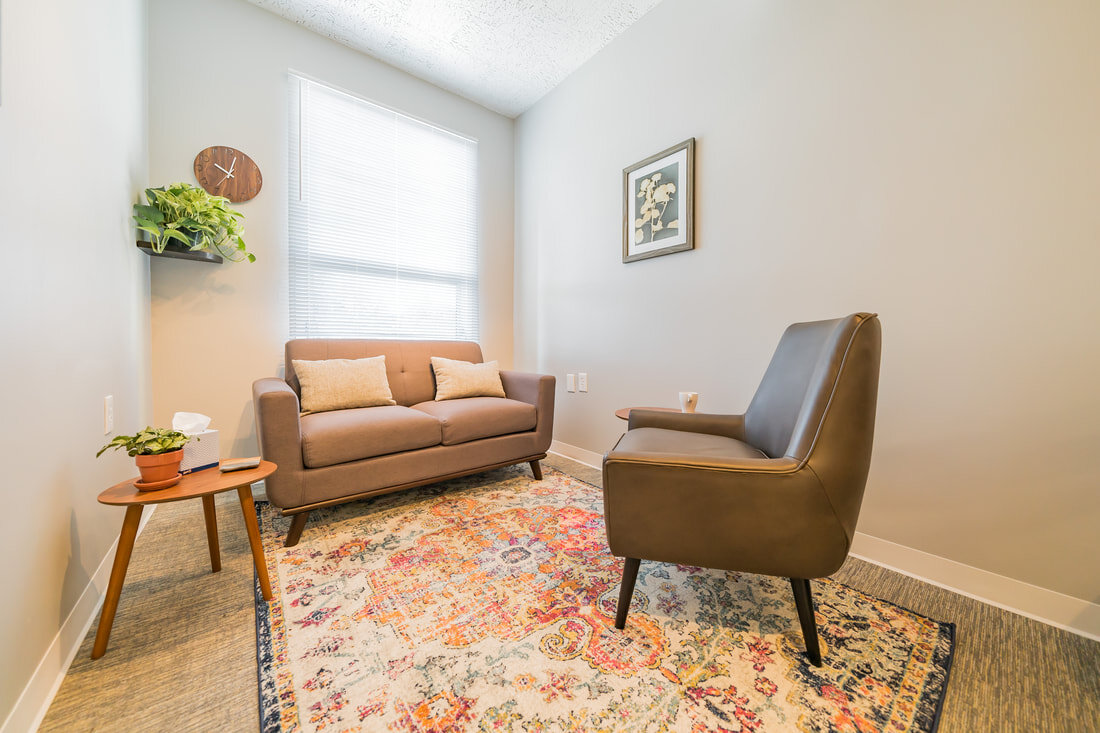
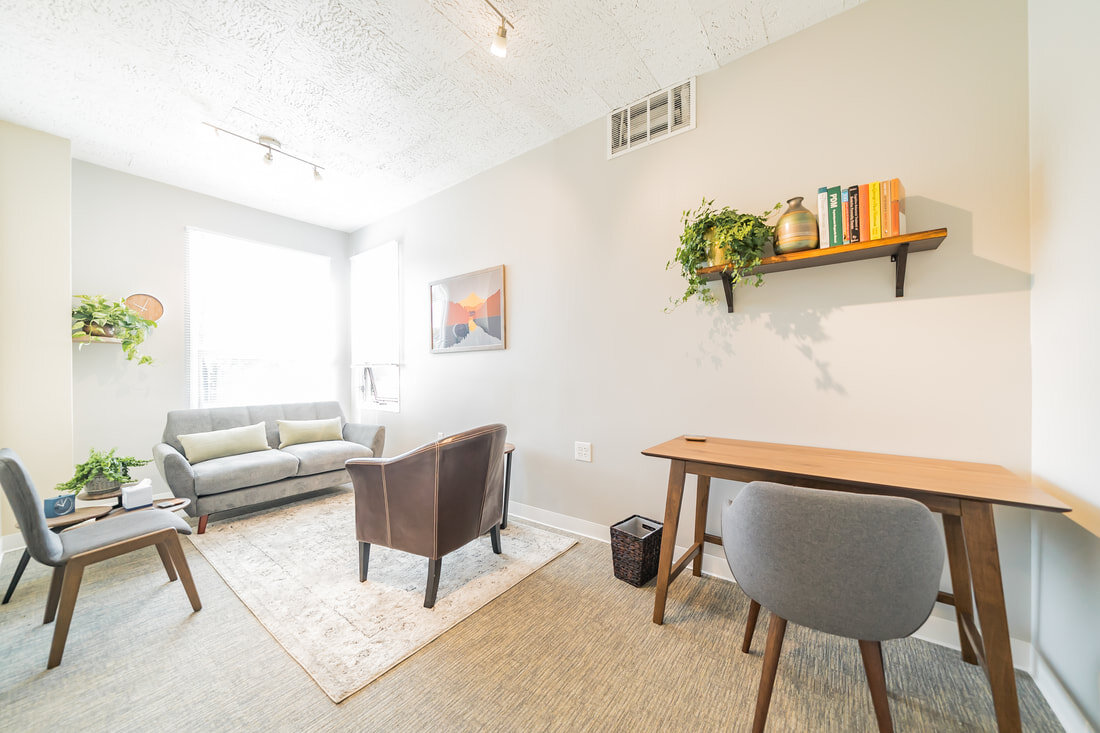
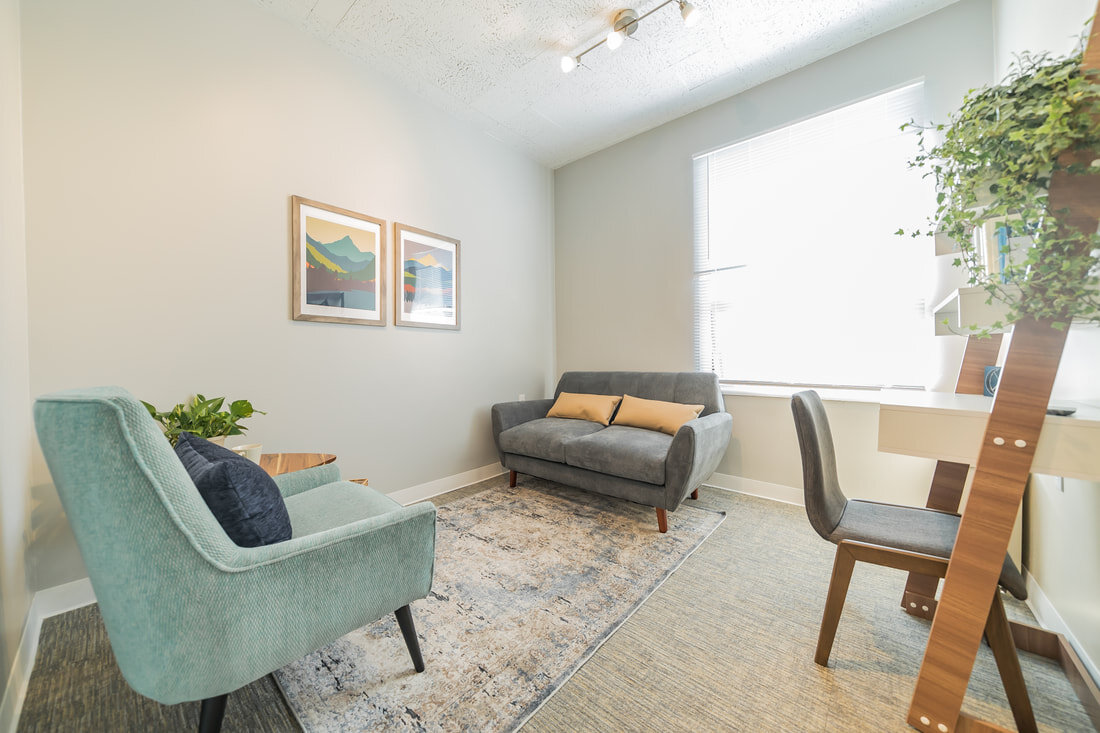
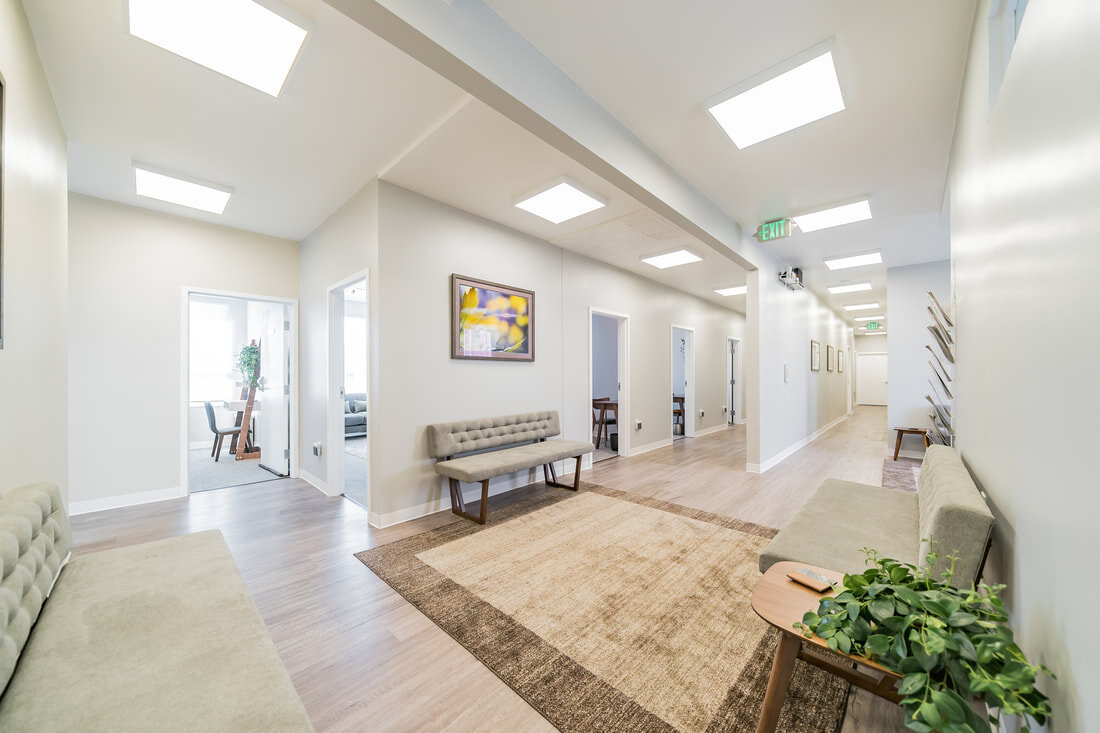

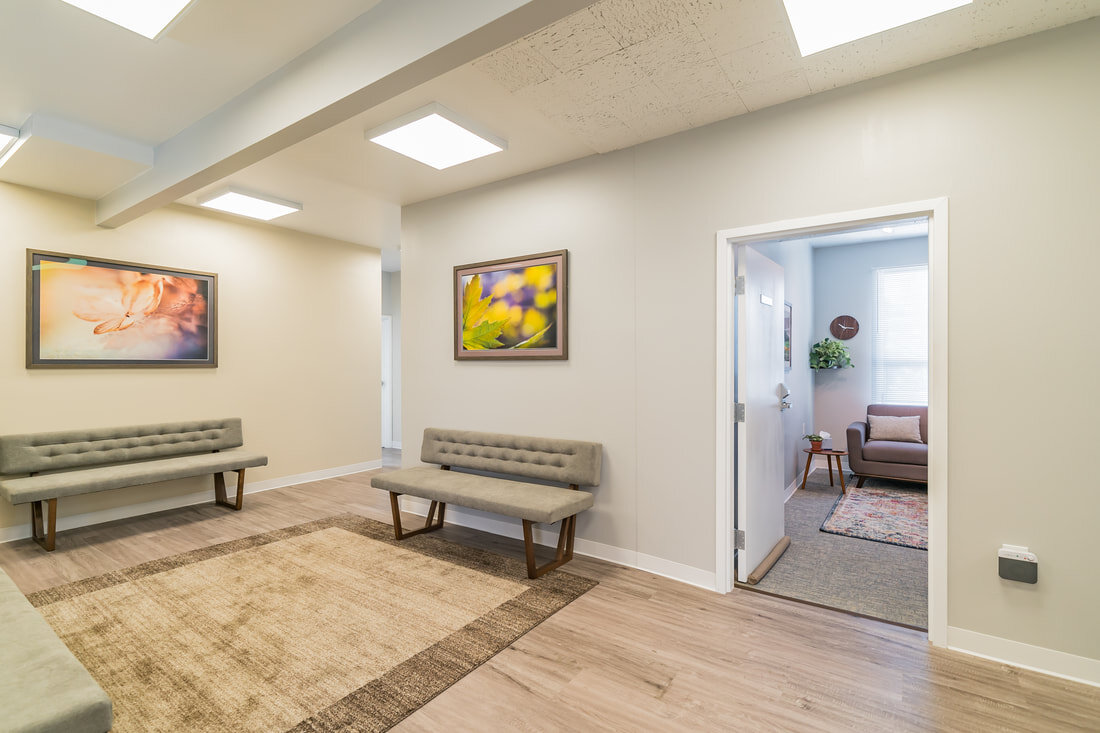
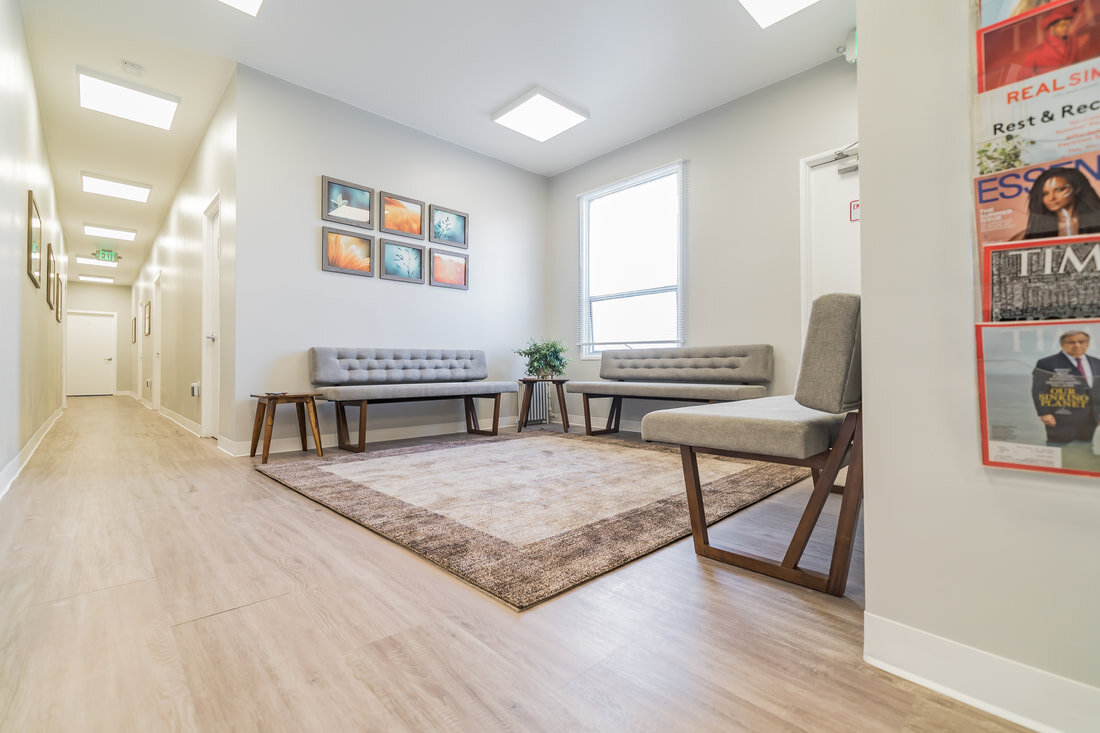
Walnut Creek
GREEN PSYCHOTHERAPY, PC
1460 Maria Lane, Suite 300, OAKLAND, CA 94596-5314
Phone: 510-612-0097
Fax: 510-768-8111
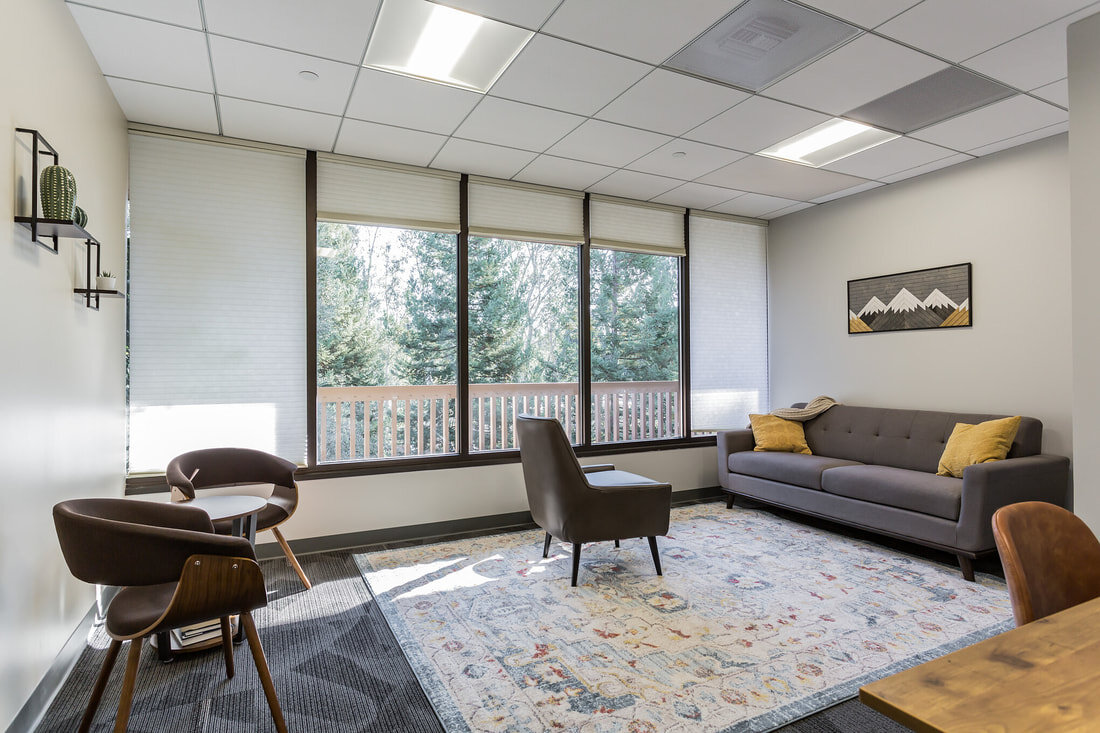
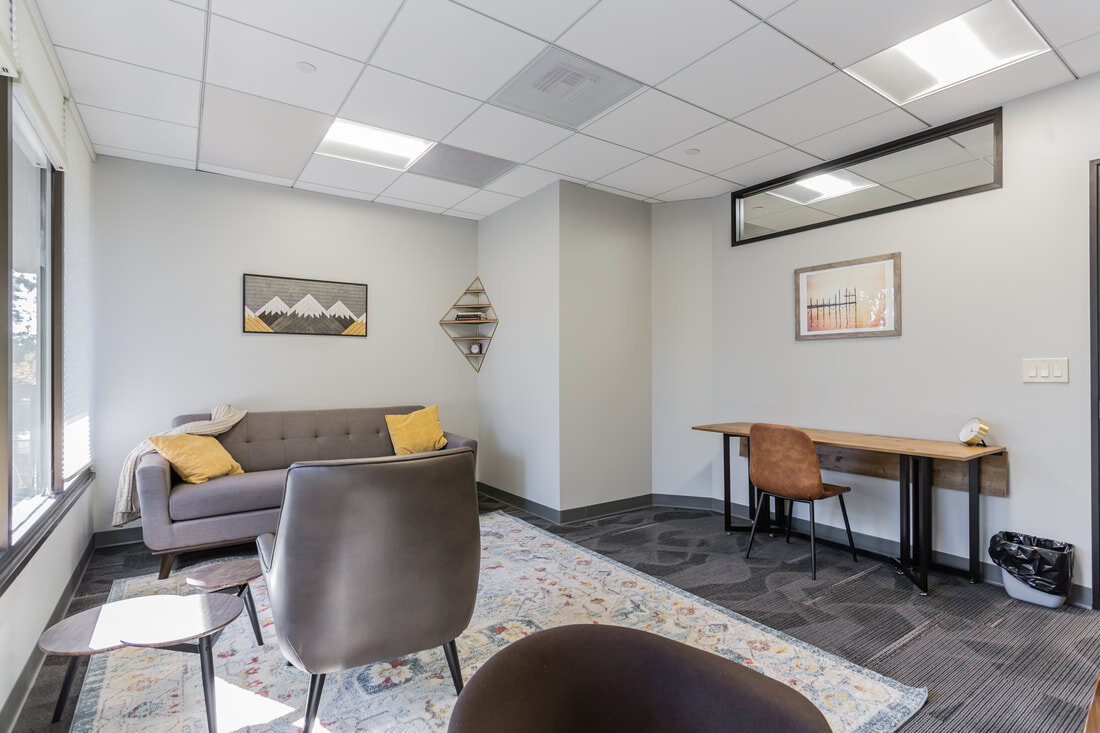
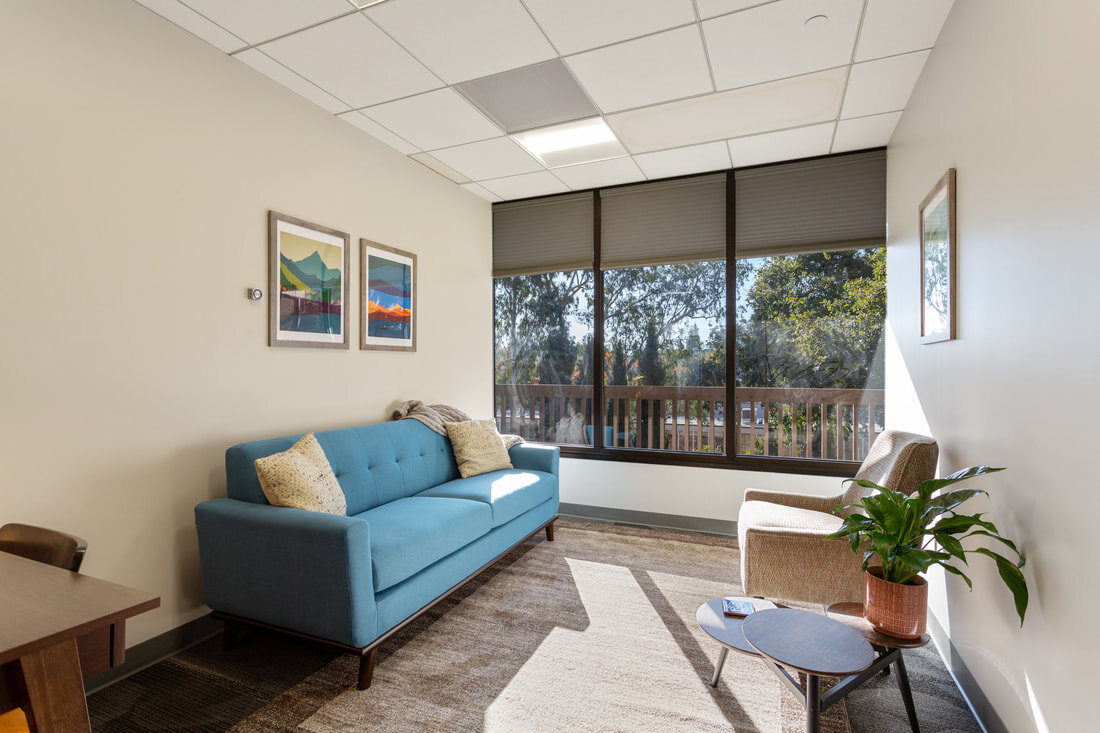
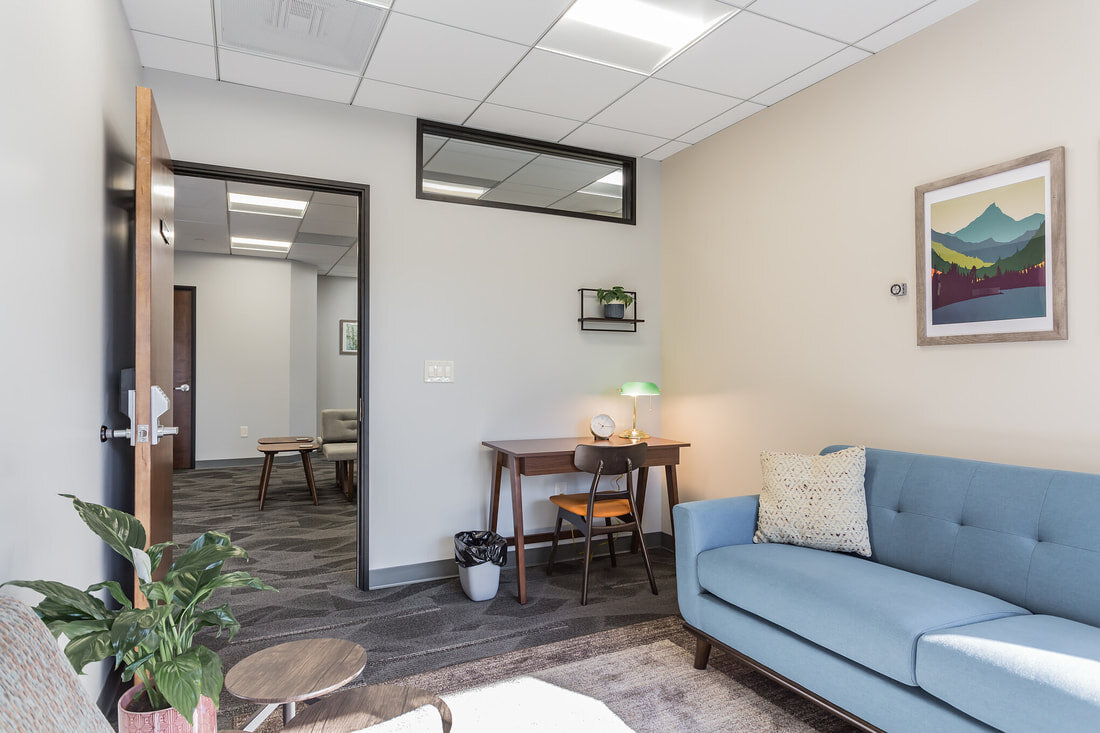
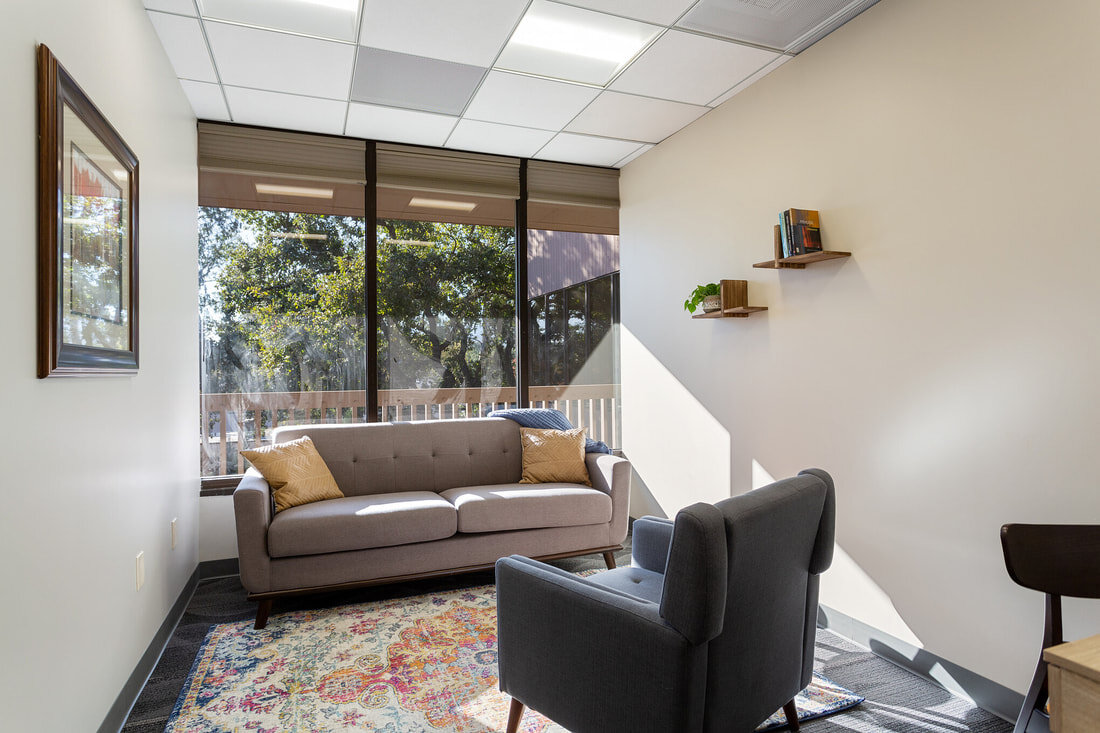
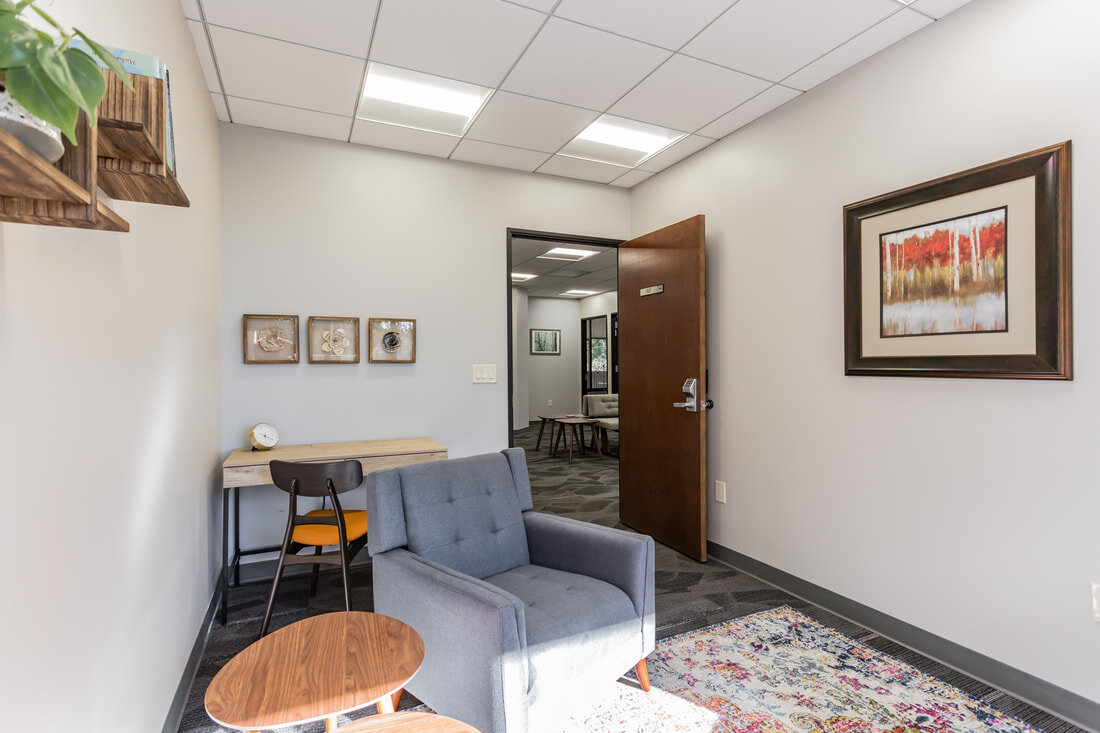
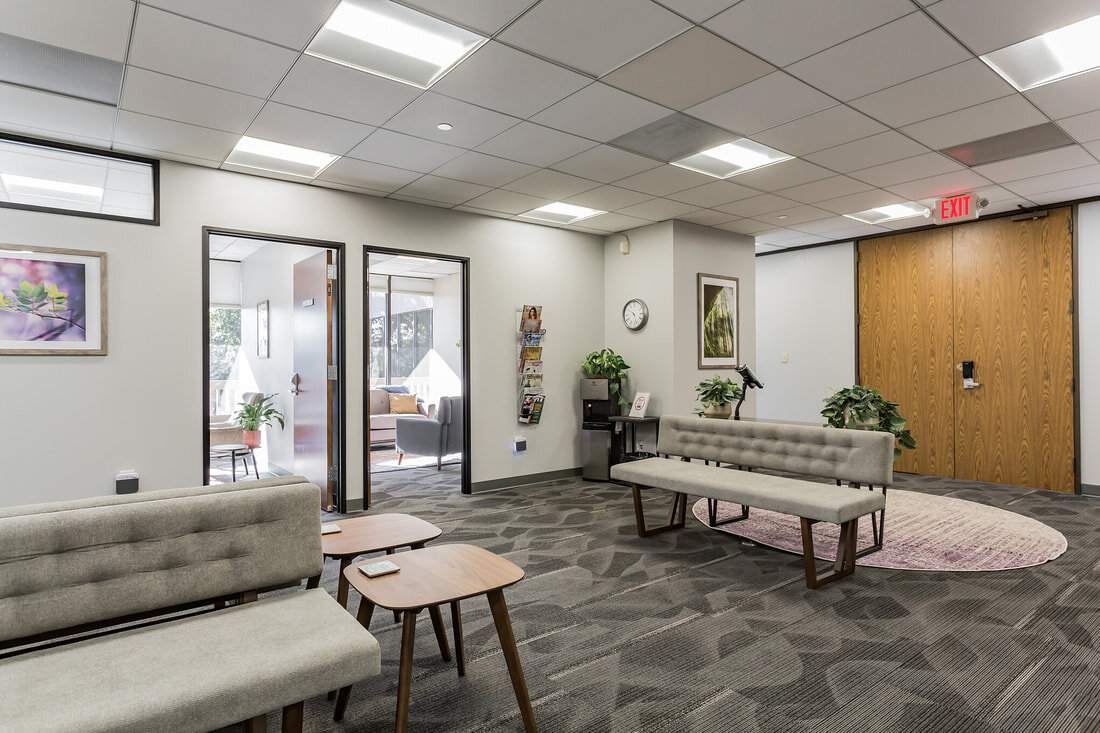
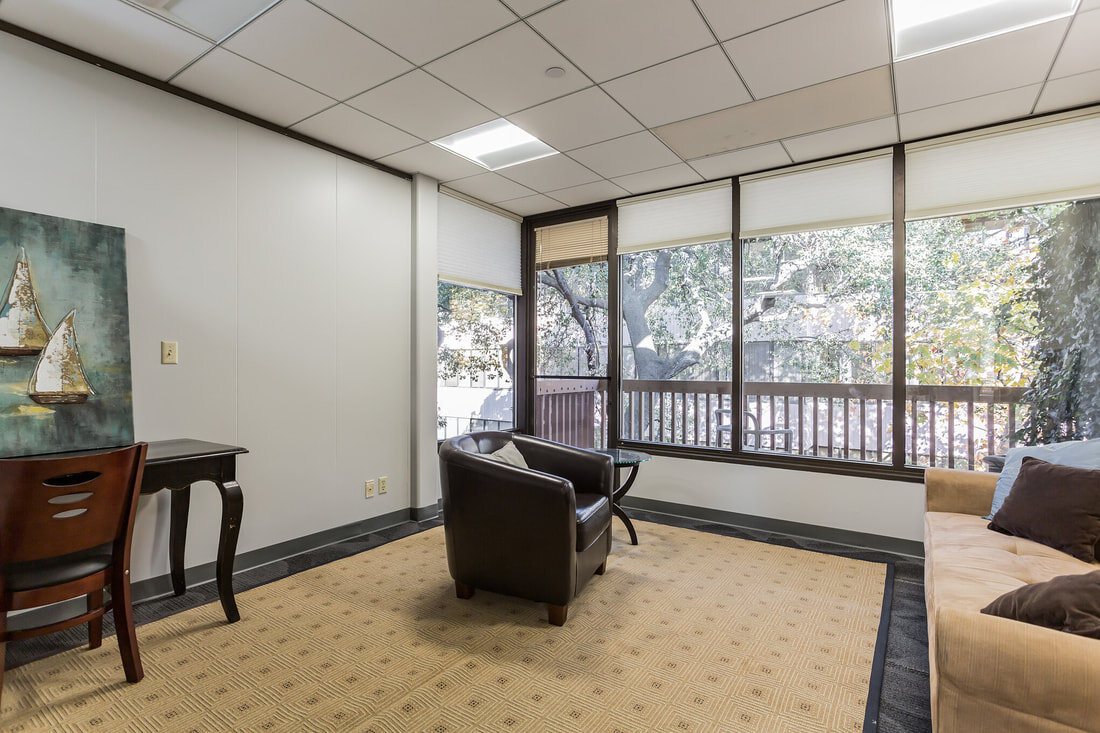
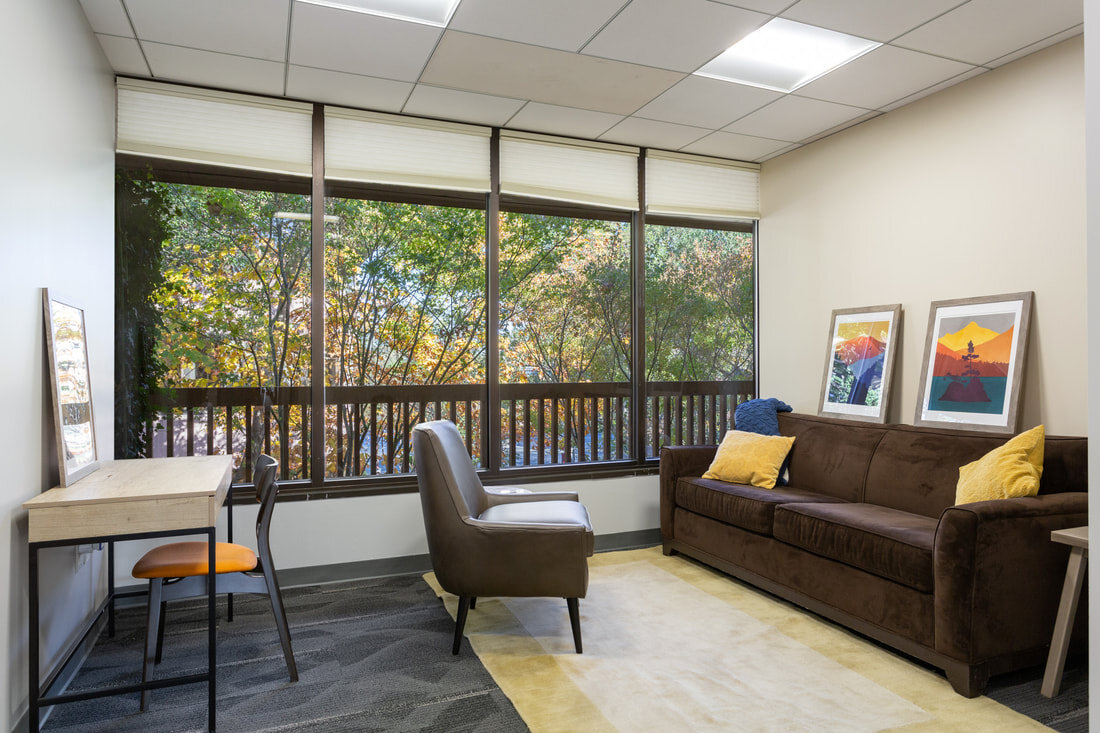
Oakland
GREEN PSYCHOTHERAPY, PC
2940 SUMMIT ST, STE 2D, OAKLAND, CA 94609-3416
Phone: 510-612-0097
Fax: 510-768-8111
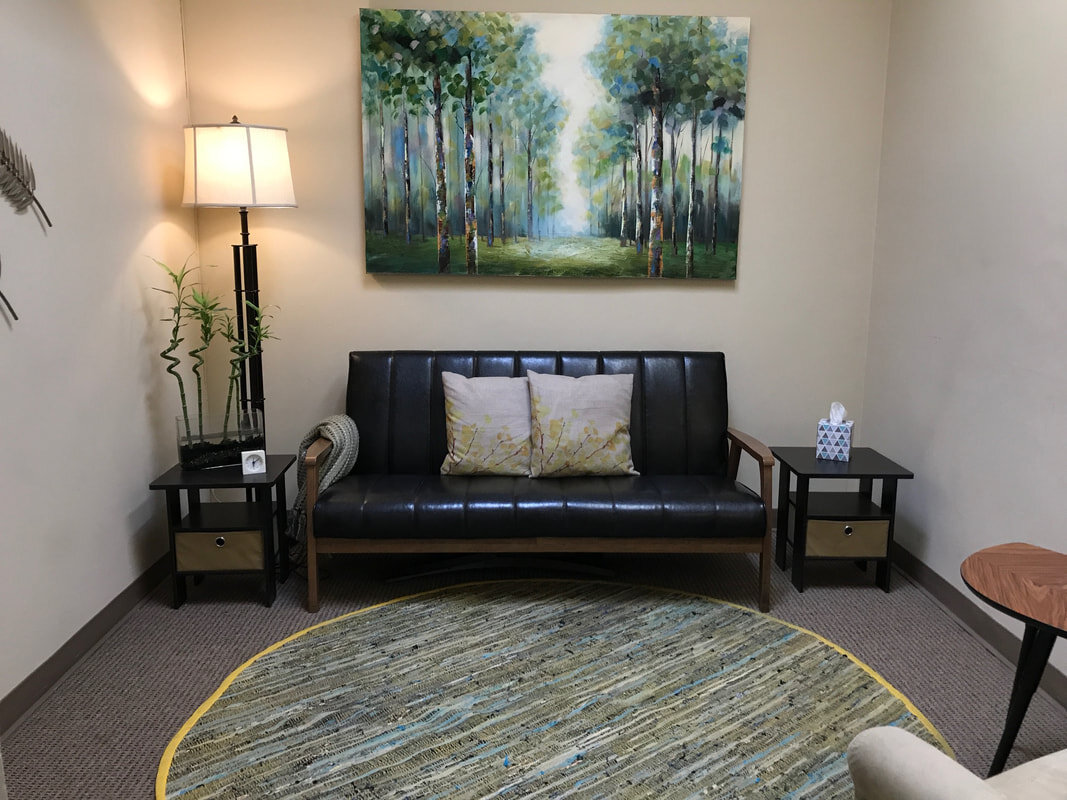
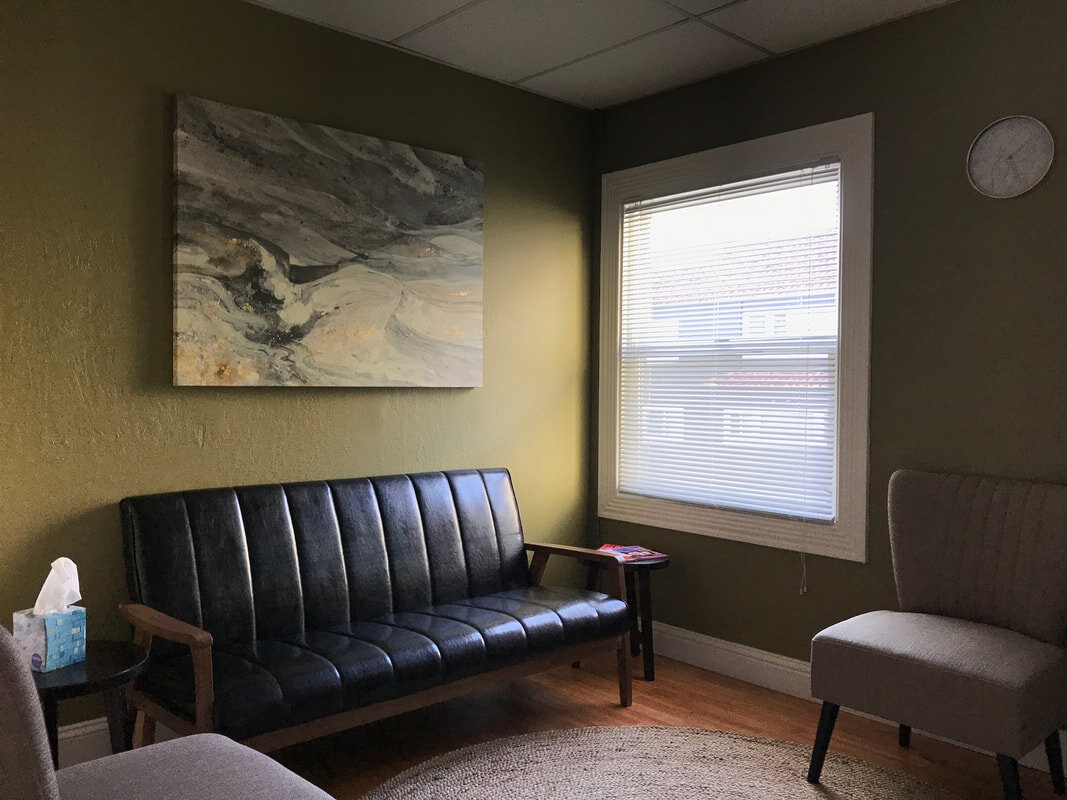
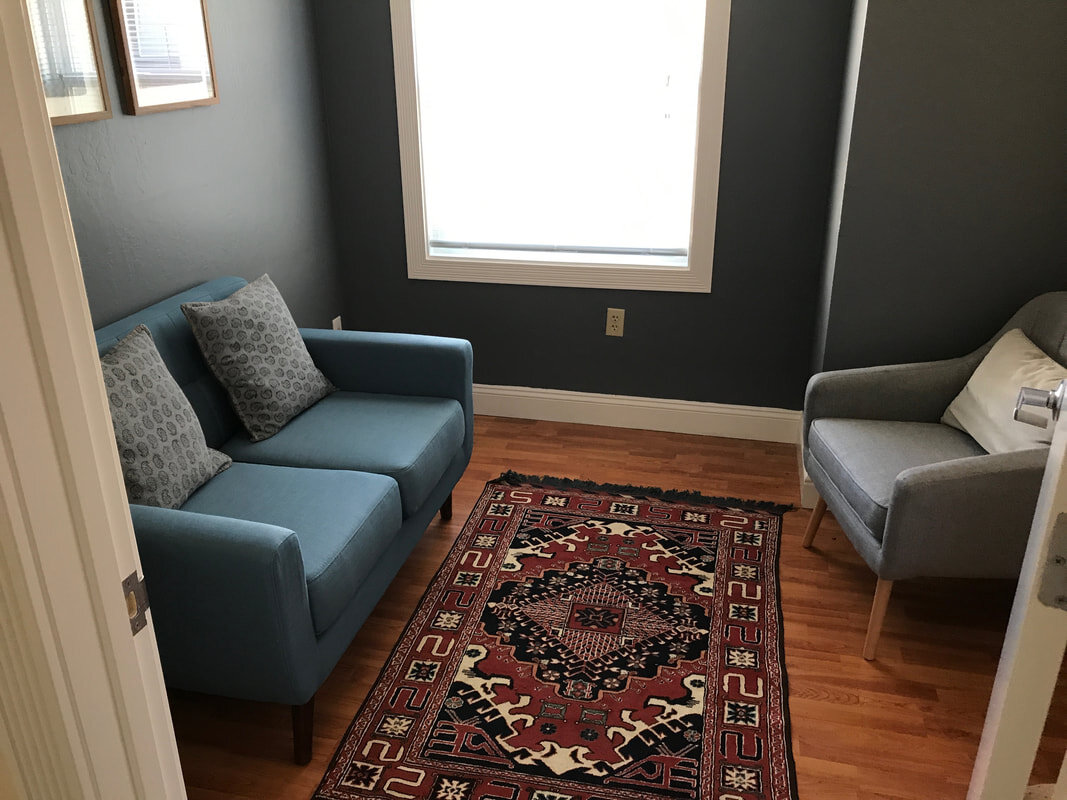
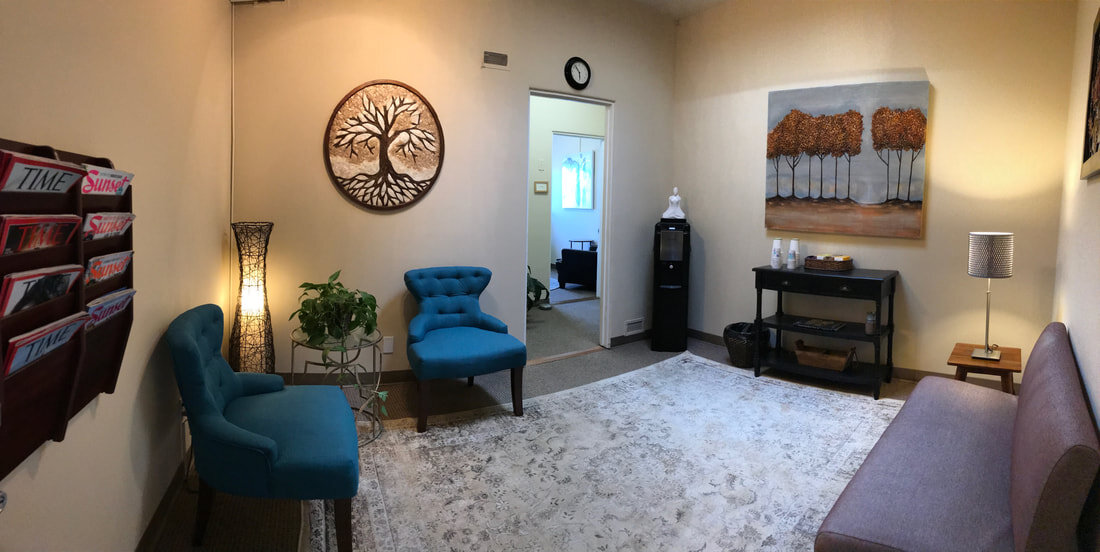
Books
Edited by Dr. Vakoch
Contact
Phone: 510-612-0097
Fax: 510-768-8111


